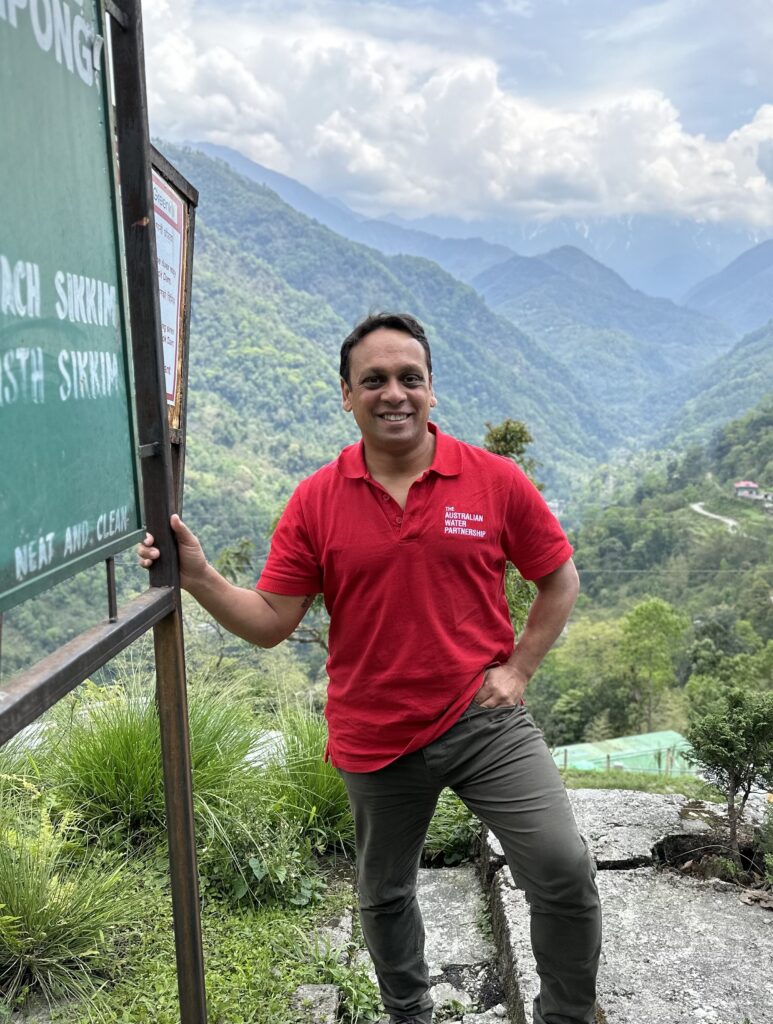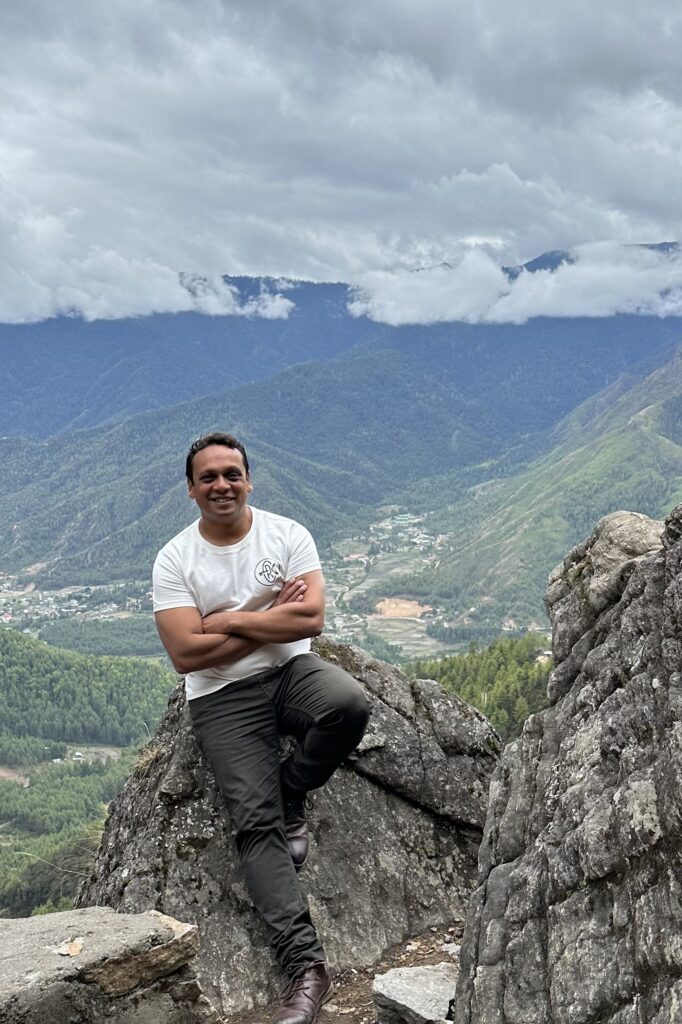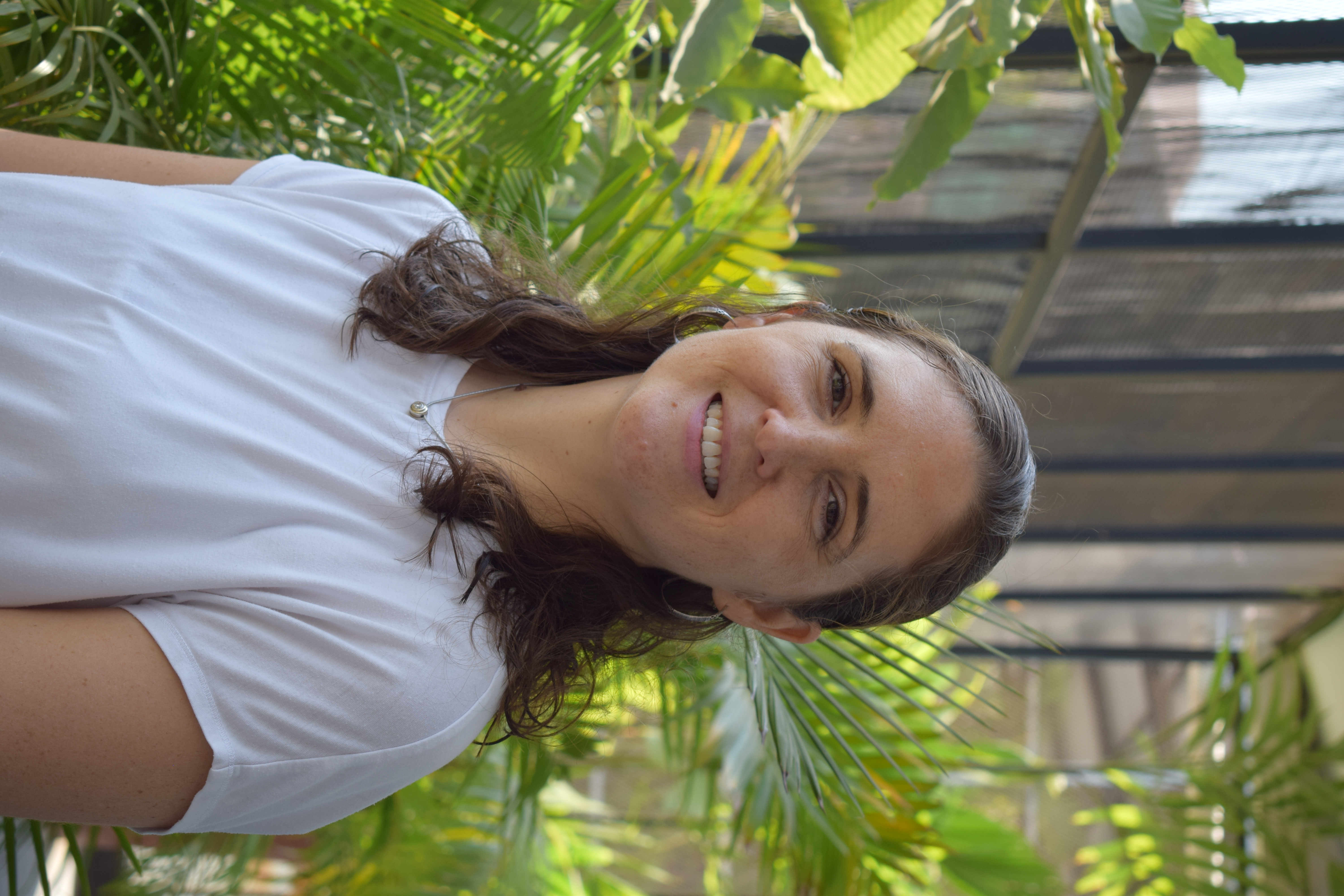Meet Rohan Kent, Australian Water Partnership
Our people who represent our organisation are exceptional. Our people bring years – in many cases decades – of experience from a diverse range of industries, including international development, science and technology, academia, public policy, project management, sales, and more.
We are an organisation dedicated to delivering water management expertise and tools in Australia and internationally through our three divisions – the Australian Water Partnership, eWater Solutions, and Mekong Water Solutions.
The Australian Water Partnership (AWP) is a key part of Australia’s support for sustainable water resources management in South Asia, the Mekong region, and the Pacific. Working closely with the Department of Foreign Affairs and Trade, AWP supports a range of activities that draw on Australian expertise to respond to assistance from our international partners and governments.

As the AWP Program Lead, Rohan Kent plays a critical role in our international program of activities, overseeing a diverse range of projects across the Indo-Pacific in river basin and water resources planning, urban and rural water, agriculture, flood and drought management, and climate resilience.
Prior to joining AWP in 2021, Rohan worked across several sectors, including health, education, humanitarian and international development, and Indigenous community programs, including Save The Children Australia as its Deputy Humanitarian Director, and at the Australian Civil-Military Centre in its Concepts and Capabilities Unit.
“Most of my career has been based around working with vulnerable communities through international development and a rights-based programming lens. Within these roles, I have worked closely with multiple stakeholders – many with differing or competing perspectives. This has helped me not only appreciate the need to take time to design projects carefully so there is not only a focus on sustainable outcomes but also ensure they are delivered in an efficient and effective way.”
“With any role or project, I believe effective communication cannot be underestimated; this helps to promote ownership and create a supportive environment around the project. And of course, it would be remiss of me not to mention how important accountability is within the project management cycle and how it must be encouraged so responsibility for actions is ensured.”
In addition, Rohan has worked across several development and disaster settings, implementing integrated programs in the protection, WASH, food security and livelihoods, and health sectors in the Philippines, Fiji, Pakistan, Iraq, and South Sudan.

While bringing decades of experience to AWP and its partners is nothing short of invaluable, it is Rohan’s understanding of the development sector, together with his compassion for the needs of the world’s most vulnerable people, that sets Rohan apart from others.
“Water security is a challenge that impacts us all. It’s not just about the ability to provide for industrial, agricultural, recreational, energy, and domestic needs. While these are important, we also need to consider the integrity and sustainability of our surrounding ecosystems.”
“It’s important that as Australians we continue to be involved in discussions around water security if we want Australia – and our neighbours – to enjoy continued sustainable development, the preservation of the environmental, and poverty reduction.”
“After all, as Australia, we have much to contribute given we have the privilege of having the oldest, continuing living culture in the world, who can share their knowledge and learnings on caring for water and waterways and promoting better water security.”
It is this commitment to finding solutions to real-world challenges facing communities impacted by climate change, access to water supply, and quality, that drives Rohan and his team to do more.
“Continuing the conversation doesn’t always mean we are the ones talking. Being present is important but so is acting with humility and patience in this space when we are engaging in conversation. My experience across the world in the aid and development sector has taught me to focus on ‘listening’ as well as to talk at the appropriate time.”
“We must listen to what rights holders and duty bearers’ needs are and work with them in partnership to drive innovative solutions and not just impose what we think they need upon them, no matter how good we think our solutions might be.”
“I remember listening to representatives from the Kaurna people at this year’s AWP Partners Workshop. They spoke of the need for people to take more time to listen to what the environment around us is saying. Indigenous knowledge is a critical source of water science. We need to recognise its value, and the ways that we can both share and learn from in this space.”
It is this level of commitment by Rohan to the vision and mission of AWP, and the wider eWater Group, that enables our organisation to have an indelible impact on the lives of people and their communities within Australia and internationally.
Who are we?
eWater Group is owned by the Australian Federal, State and Territory governments to further develop Australia’s world-class modelling tools and to provide support and training nationwide and internationally.
Our organisation is comprised of three divisions – eWater Solutions, the Australian Water Partnership and the Mekong Water Solutions to deliver water management solutions for communities in Australia and overseas.
We also partner with the Australian Department of Foreign Affairs and Trade, and research groups and institutions to provide expertise and support for sustainable water management solutions in Australia and internationally, now and into the future.
